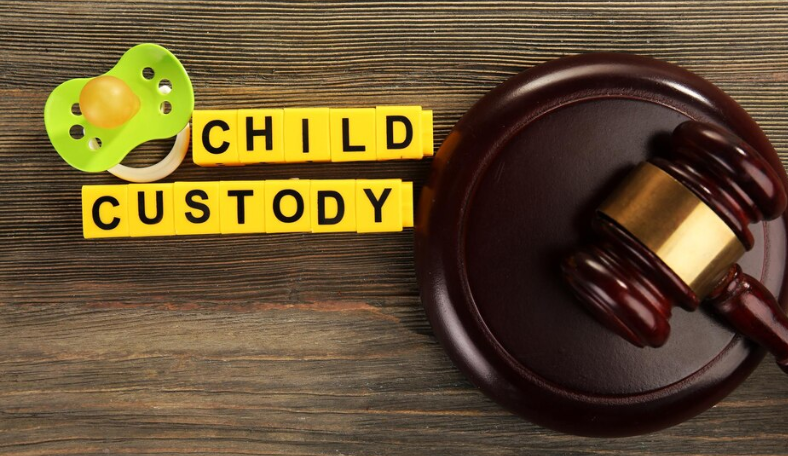Who Truly Decides a Child’s Future?
- Hamza and Hamza
- Jul 28, 2025
- 3 min read
Child custody disputes in Pakistan have become increasingly complex, as the courts attempt to balance parental rights with the welfare of the child. While many believe that the mother is almost always awarded custody, the reality is governed by nuanced legal provisions, cultural expectations, and evolving judicial trends. This raises a crucial question: Who truly decides a child’s future under Child Custody Laws In Pakistan, and how equitable is the current legal framework?
The Legal Foundation
In Pakistan, child custody laws are primarily governed by two key statutes: the Guardians and Wards Act of 1890 and Muslim Family Laws Ordinance 1961. The Guardians and Wards Act provides the legal mechanism for the appointment of a guardian and the determination of custody, while the Muslim Family Laws Ordinance addresses family matters, including maintenance and divorce, which are often linked to custody cases.
Under these laws, the "welfare of the minor" is the primary consideration. This broad standard allows judges considerable discretion in awarding custody, considering factors such as the child’s age, gender, education, health, emotional ties, and the ability of each parent to provide for the child's moral and physical well-being.
Traditional Gender Presumptions
In many cases, custody of young children—especially those under the age of seven—is usually granted to the mother, in line with the concept of “Hizanat” in Islamic jurisprudence. However, this is not an absolute right. If the mother is deemed unfit—due to remarriage, questionable moral character, or inability to care for the child—custody may be awarded to the father or even grandparents.
On the other hand, fathers are usually considered the natural guardians responsible for the child’s financial support and long-term welfare. This dual structure of custody (day-to-day care) and guardianship (legal authority and decision-making) can create confusion and legal grey areas.
Shifting Judicial Trends
Recent trends indicate that Pakistani courts are gradually moving beyond rigid interpretations based on gender roles. Courts now increasingly recognize the psychological and emotional needs of children and consider the wishes of the minor—especially if the child is mature enough to express a preference under Child Custody Laws In Pakistan. This reflects a growing awareness of the child’s agency and individuality.
Additionally, courts have started granting joint custody arrangements or liberal visitation rights to non-custodial parents to ensure that the child maintains a meaningful relationship with both parents. However, enforcement of visitation rights often remains weak, and disputes frequently arise when one parent refuses access.
Challenges in Enforcement
While the laws appear to be child-centric in theory, their implementation often suffers due to procedural delays, biased interpretations, and inconsistent judgments. Moreover, many custody battles become tools of revenge between spouses, rather than genuine efforts to serve the child's best interests. Emotional manipulation, parental alienation, and the use of children as bargaining chips in divorce settlements are not uncommon.
Another major challenge is the lack of psychological counseling and mediation services in family courts. Judges may not always have the training to understand the emotional complexities of custody disputes, leading to decisions that may be legally sound but emotionally damaging for the child.
Need for Reform
To truly serve the best interests of the child, Pakistan’s custody laws require standardized procedures, greater child psychology integration, and post-judgment monitoring to ensure compliance. Specialized family courts, mandatory counseling, and punitive measures for violations of custody and visitation orders could enhance the effectiveness of the system.
Conclusion
Child custody laws in Pakistan, while rooted in protective intentions, must evolve with changing societal norms and psychological understandings of child development. Legal expertise plays a critical role in navigating this sensitive terrain.
For those facing child custody disputes or seeking clarity on legal rights, Hamza & Hamza Law Associates offers experienced guidance grounded in both statutory law and judicial precedents. Their team is well-versed in handling complex family law matters, ensuring that each case is approached with the empathy, precision, and dedication it deserves.








Comments